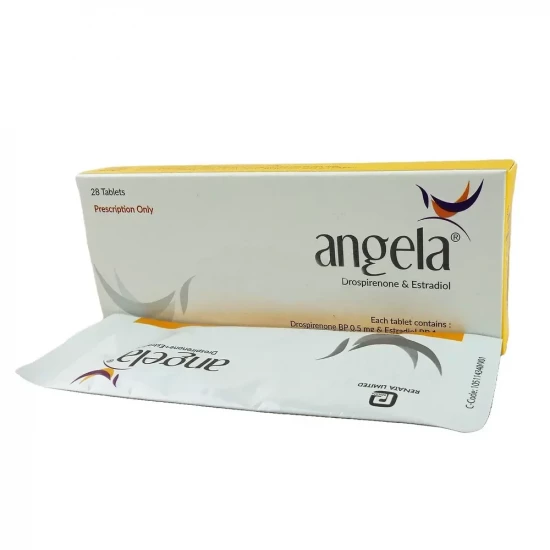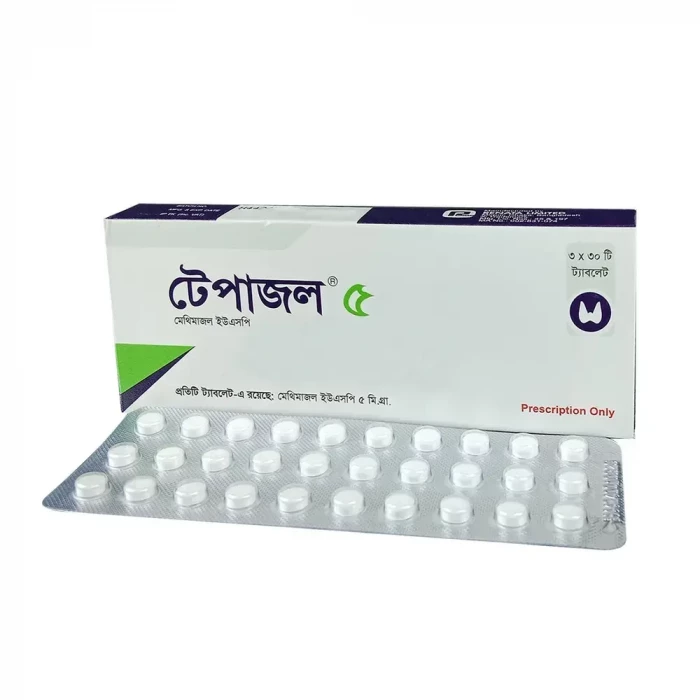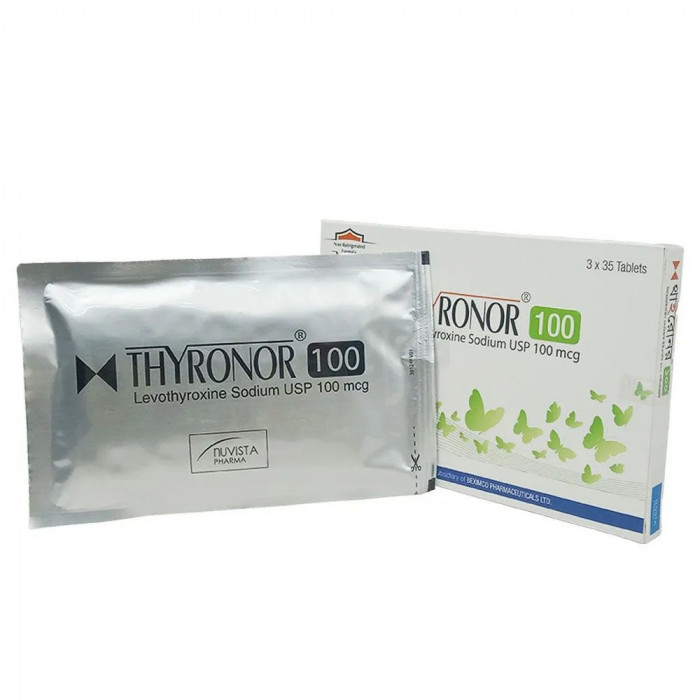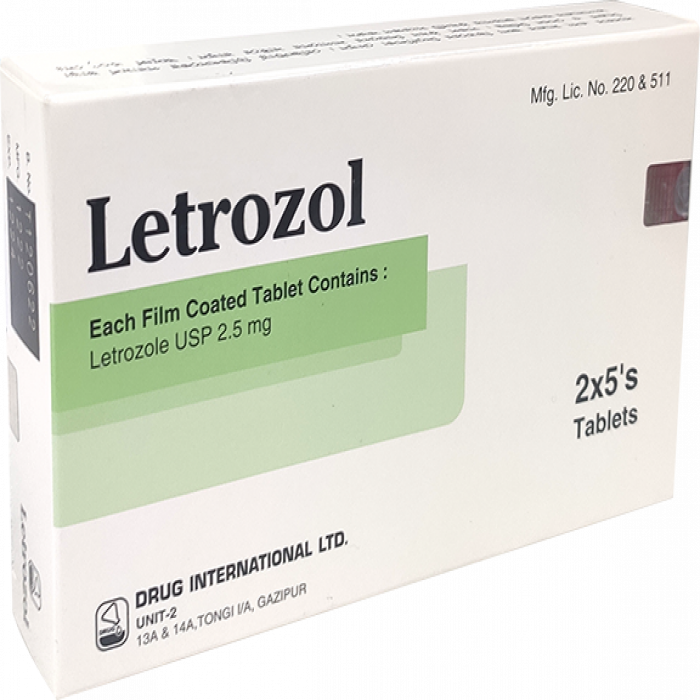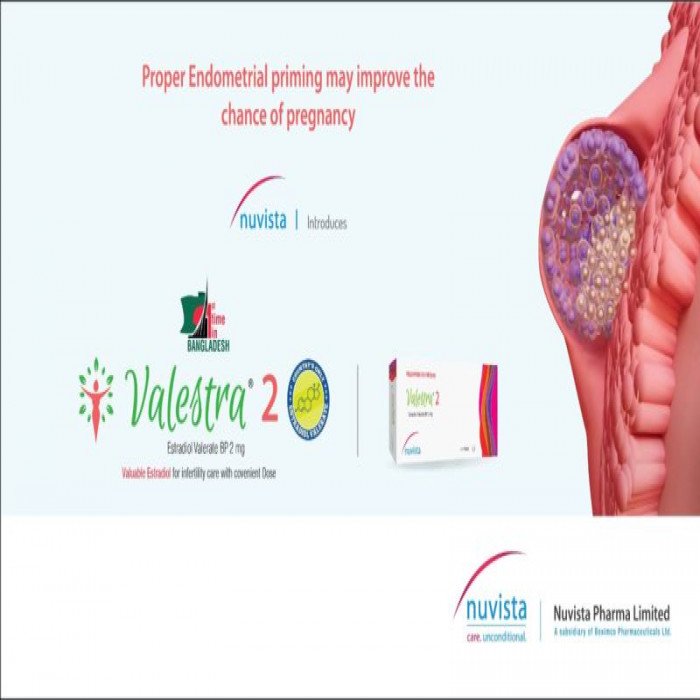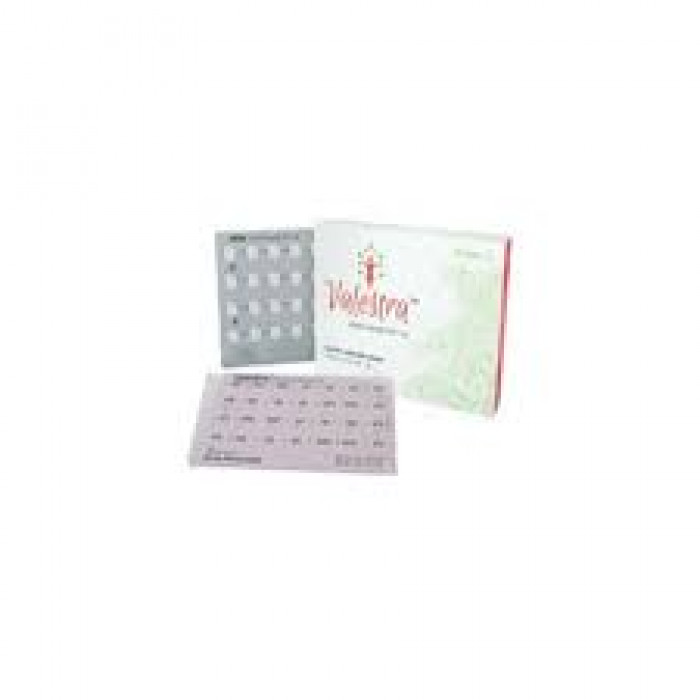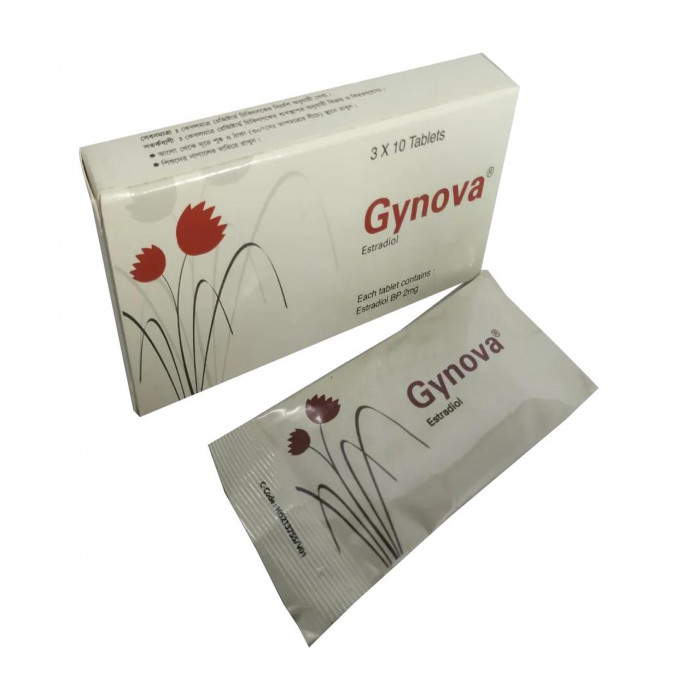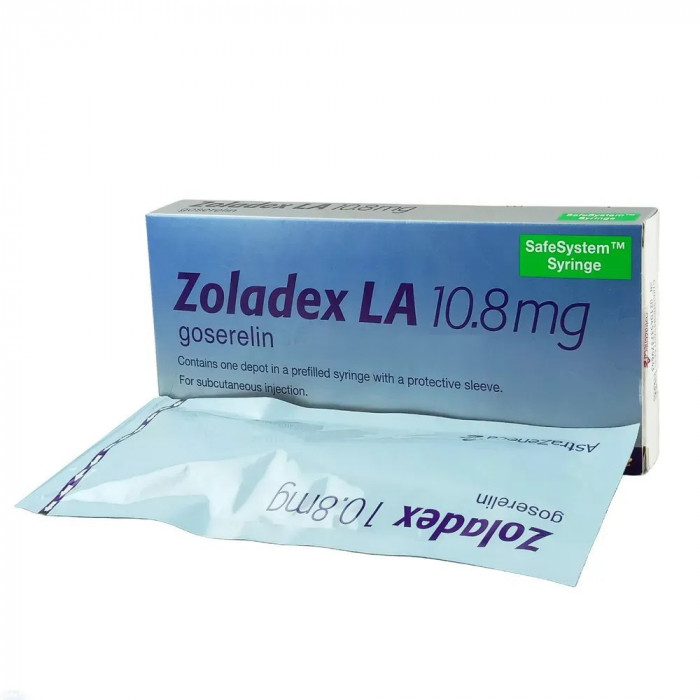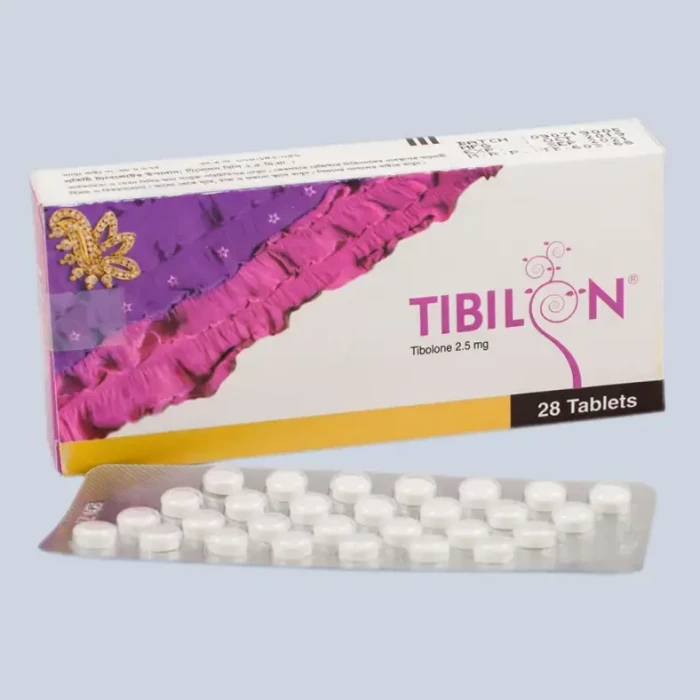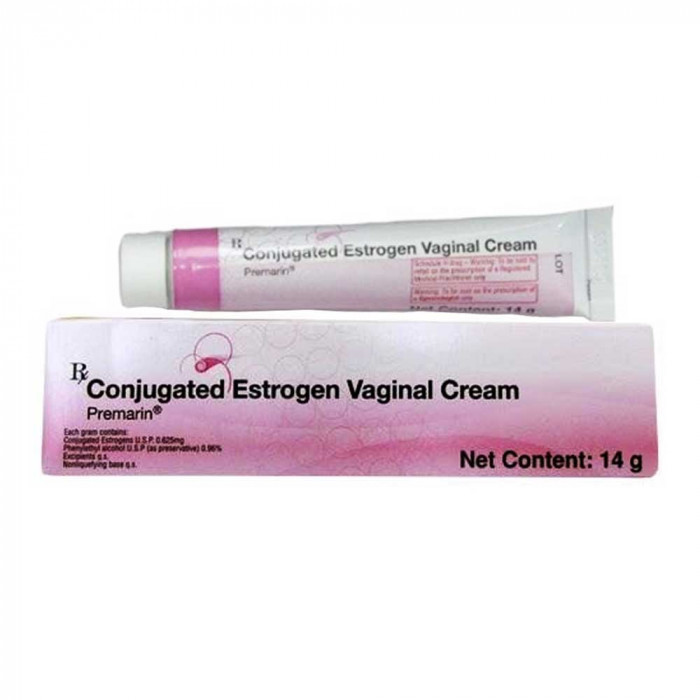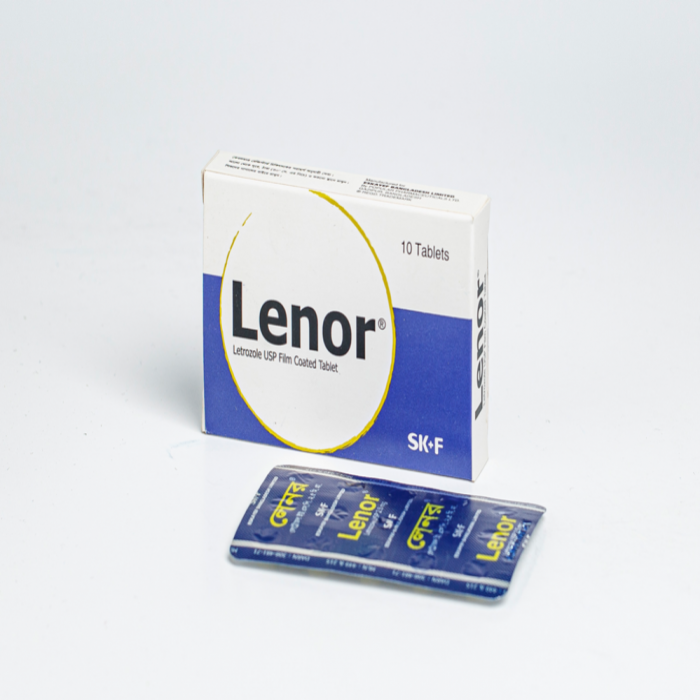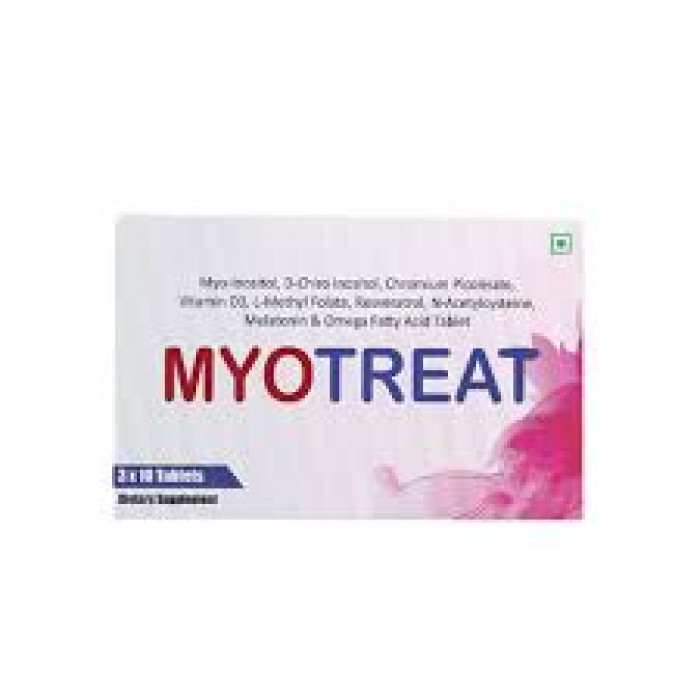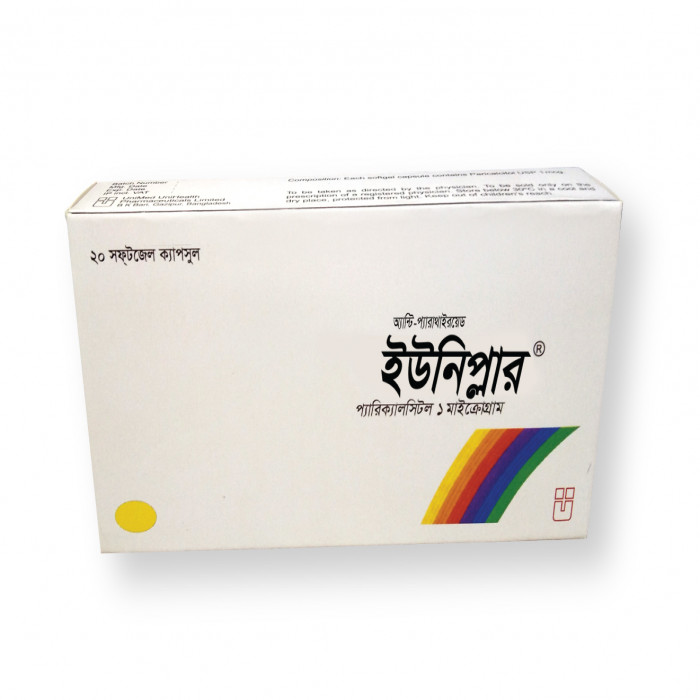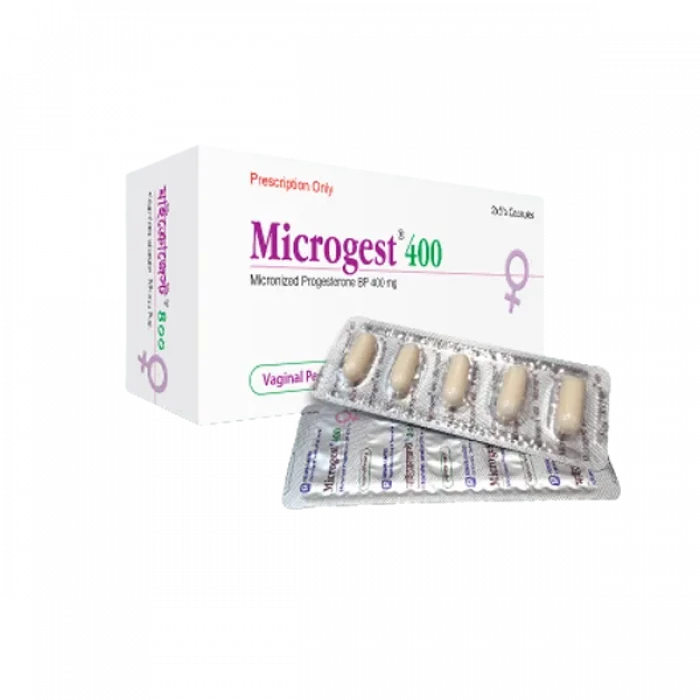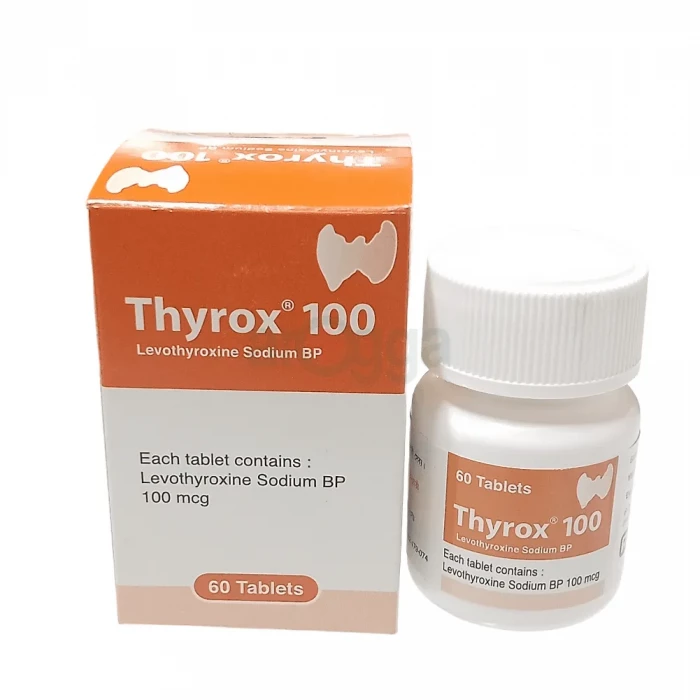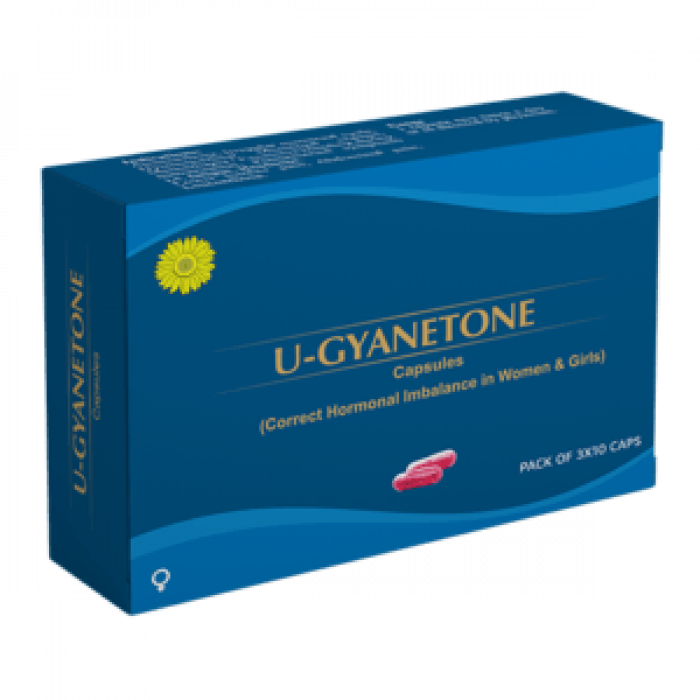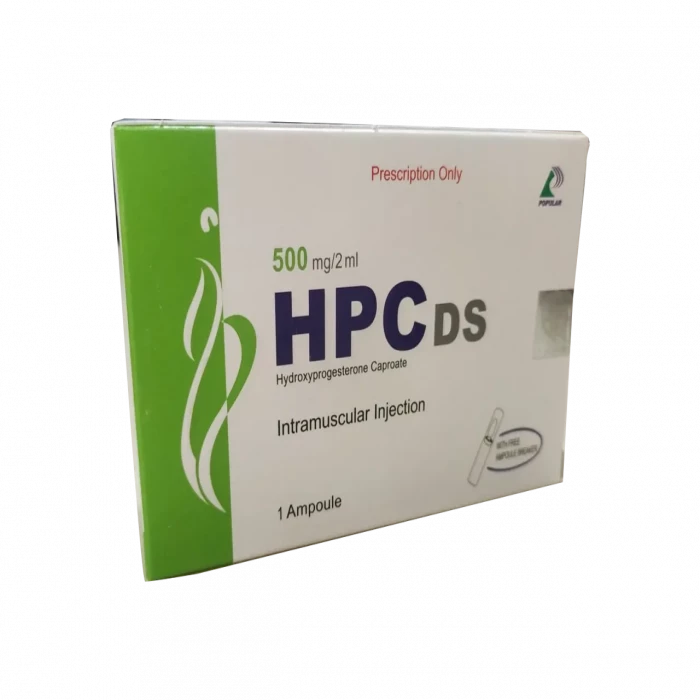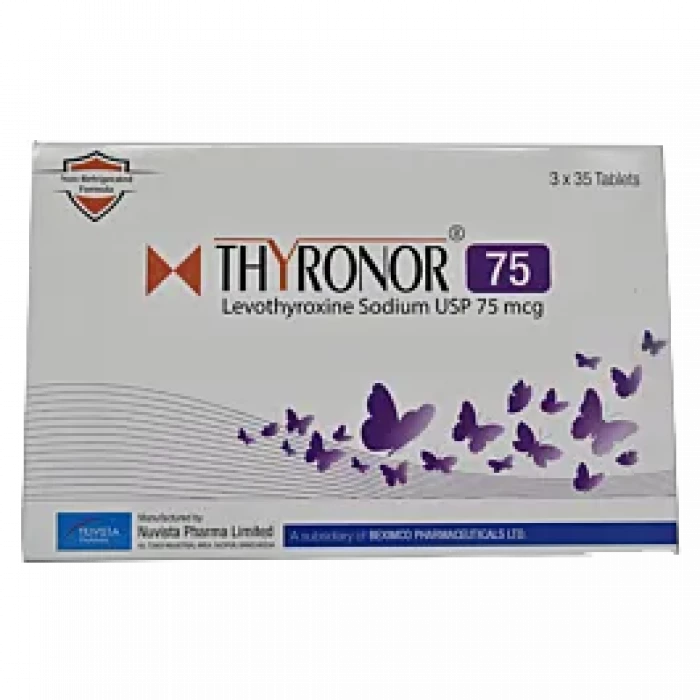
✔ 100% Authentic Product
👁️ Currently Viewing 3644
Generic Name: Dienogest 2mg
Company Name: Renata Pharma Ltd
Discount
Price: ৳ 475
MRP:
৳
500
5%
Off

100% Genuine Products, Guaranteed

Safe & Secure Payments, Always

Fast, Secure & Efficient Delivery

Proper Packaging
 Cash on Delivery - All over Bangladesh
Cash on Delivery - All over Bangladesh Regular Delivery - 12-24 Hours, Dhaka City* Charge Tk.39-59
Regular Delivery - 12-24 Hours, Dhaka City* Charge Tk.39-59 Regular Delivery - 24-48 Hours, Other Cities* Charge Tk.99-110
Regular Delivery - 24-48 Hours, Other Cities* Charge Tk.99-110
 ফ্রি ডেলিভারিঃ - ৯৯৯ টাকা+ অর্ডারে, ঢাকা
শহরে
ফ্রি ডেলিভারিঃ - ৯৯৯ টাকা+ অর্ডারে, ঢাকা
শহরে ফ্রি ডেলিভারিঃ - ২৯৯৯ টাকা+ অর্ডারে, ঢাকার
বাহিরে
ফ্রি ডেলিভারিঃ - ২৯৯৯ টাকা+ অর্ডারে, ঢাকার
বাহিরে
100% Genuine Products, Guaranteed
Safe & Secure Payments, Always
Fast, Secure & Efficient Delivery
Proper Packaging
 Cash on Delivery - All over Bangladesh
Cash on Delivery - All over Bangladesh Regular Delivery - 12-24 Hours, Dhaka City* Charge Tk.39-59
Regular Delivery - 12-24 Hours, Dhaka City* Charge Tk.39-59 Regular Delivery - 24-48 Hours, Other Cities* Charge Tk.99-110
Regular Delivery - 24-48 Hours, Other Cities* Charge Tk.99-110 ফ্রি ডেলিভারিঃ - ৯৯৯ টাকা+ অর্ডারে, ঢাকা
শহরে
ফ্রি ডেলিভারিঃ - ৯৯৯ টাকা+ অর্ডারে, ঢাকা
শহরে ফ্রি ডেলিভারিঃ - ২৯৯৯ টাকা+ অর্ডারে, ঢাকার
বাহিরে
ফ্রি ডেলিভারিঃ - ২৯৯৯ টাকা+ অর্ডারে, ঢাকার
বাহিরে
✅ Description:
Indications of Neogest 2mg Tablet
Endometriosis is treated with Dienogest. Dienogest is a progestin-like drug. Progestins counteract estrogen's actions on tissues like the endometrium (uterine lining) and breast. Dienogest reduces pelvic discomfort in women with endometriosis by inhibiting estrogen's growing effect on the endometrium.
Pharmacology
Dienogest is a modest agonist at the progesterone receptor (PR) with a similar affinity to progesterone, but it has a very strong progestogenic action in the endometrium, resulting in endometrial atrophy with prolonged usage. On endometrial tissue, it has antiproliferative, immunologic, and antiangiogenic properties. Dienogest suppresses the trophic effects of oestradiol on both the eutopic and ectopic endometrium by lowering endogenous oestradiol synthesis. Continual administration of dienogest creates an endocrine milieu that is hyper-progestogenic and mildly hypoestrogenic, causing early decidualization of endometrial tissue.
Dosage & Administration
Tablet-taking can be started on any day of the menstrual cycle. The dosage of Dienogest is 2 mg daily without any break, taken preferably at the same time each day with some liquid as needed. The tablet must be taken continuously without regard to vaginal bleeding. When a pack is finished, the next one should be started without interruption.
In the event of the missed tablet(s), the woman should take 2 mg only, as soon as she remembers, and should then continue the next day to take the tablet at her usual time. A tablet not absorbed due to vomiting or diarrhea should likewise be replaced by 2 mg.
Interaction of Neogest 2mg Tablet
Dienogest, like other progestogens, is processed mostly by the cytochrome P450 3A4 system. As a result, CYP3A4 inducers or inhibitors may have an impact on progestogen medication metabolism. Antifungals, cimetidine, verapamil, macrolides (e.g., erythromycin, clarithromycin, and roxithromycin), diltiazem, protease inhibitors (e.g., ritonavir, saquinavir, indinavir, nelfinavir), and antidepressants (e.g., nefazodone, fluvoxamine.
Contraindications
Hypersensitivity to dienogest or any of Dienogest's excipients. Dienogest should not be used if any of the following circumstances exist: Active venous thromboembolic disorder; arterial and cardiovascular disease (e.g., myocardial infarction, cerebrovascular accident, ischemic heart disease); diabetes mellitus with vascular involvement; presence or history of severe hepatic disease as long as liver function values have not returned to normal; presence or history of liver tumors (benign or malignant); known or suspected sex hormone-disorder; known or suspected sex hormone-disorder
Side Effect of Neogest 2mg Tablet
Unwanted effects are more prevalent in the first several months after starting Dienogest therapy, although they fade over time. Dienogest users have reported the following negative side effects. Headache (9 percent), breast pain (5.4 percent), low mood (5.1 percent), and acne were the most often reported negative effects during therapy that were thought to be at least partly linked to Dienogest (5.1 percent ).
Headaches and migraines are examples of nervous system disorders.
Uncommon cardiac disorders include palpitations and unspecified circulatory system disease.
Hypotension is a rare vascular disorder.
Nausea, stomach discomfort, and flatulence are common gastrointestinal disorders.
Disorders of metabolism and nutrition: gaining weight (3.6 percent )
Depressed mood, anger, anxiety, and changed mood are all psychiatric disorders.
Pregnancy & Lactation
Dienogest's usage in pregnant women has been studied just a little. Pregnancy, embryonic/fetal development, birth, and development after delivery are all unaffected in humans, according to animal studies and data from women exposed to Dienogest during pregnancy. Dienogest should not be given to pregnant women since endometriosis does not need to be treated during pregnancy.
Dienogest should not be used during pregnancy or breastfeeding. Dienogest is excreted in breast milk, according to physiochemical characteristics and animal studies. The benefits of nursing for the kid and the benefits of therapy for the mom must be considered when deciding whether to stop breastfeeding or stop Dienogest therapy.
Precautions & Warnings
Pregnancy must be ruled out before commencing Dienogest therapy. If contraception is needed during therapy, patients are encouraged to utilize nonhormonal methods (e.g., barrier technique).
Because Dienogest is a progestogen-only preparation, it's safe to presume that any warnings or precautions that apply to other progestogen-only preparations also apply to Dienogest.
Changes in Bleeding Pattern: Dienogest therapy has an effect on the majority of women's menstrual bleeding patterns.
Hepatic Impairment: Dienogest is not recommended for those who have significant hepatic illness now or in the past.
Fertility Impairment: According to current data, Dienogest therapy inhibits ovulation in the majority of patients. Dienogest, on the other hand, is not a contraceptive. A nonhormonal method of contraception should be utilized if contraception is necessary.
Storage Conditions
Store in a cool, dry location. Protect yourself from the sun. Keep out of children's reach.
⚠️Disclaimer:
At ePharma, we’re committed to providing accurate and accessible health information. However, all content is intended for informational purposes only and should not replace medical advice from a qualified physician. Please consult your healthcare provider for personalized guidance. We aim to support, not substitute, the doctor-patient relationship.




